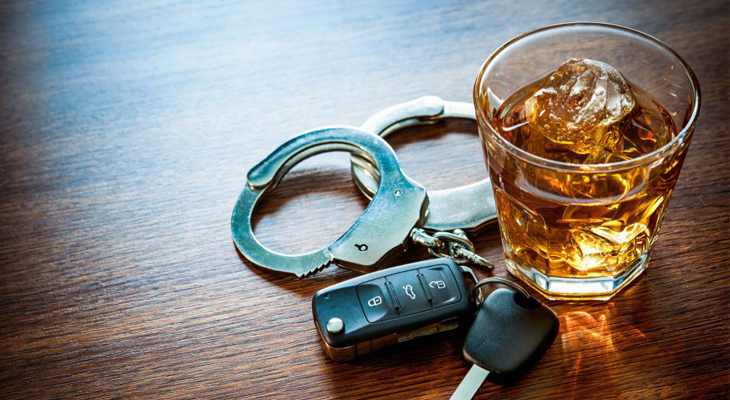Driving under the influence of alcohol or drugs is a serious offence in the United Kingdom, with strict laws in place to ensure public safety. The UK government has set legal limits for both alcohol and drug consumption while driving and enforces severe penalties for those caught breaking these laws. Understanding these regulations can help drivers make informed decisions and avoid serious legal consequences.
Legal Limits for Alcohol and Drugs
Alcohol Limits
The legal alcohol limits for drivers in the UK are:
- 35 micrograms of alcohol per 100 millilitres of breath
- 80 milligrams of alcohol per 100 millilitres of blood
- 107 milligrams of alcohol per 100 millilitres of urine
Scotland has stricter limits for alcohol consumption:
- 22 micrograms per 100 millilitres of breath
- 50 milligrams per 100 millilitres of blood
- 67 milligrams per 100 millilitres of urine
Drug Limits
The UK has established specific limits for both prescription and illegal drugs. Some of the most commonly tested substances include:
- Cannabis (2 micrograms per litre of blood)
- Cocaine (10 micrograms per litre of blood)
- Ketamine (20 micrograms per litre of blood)
- Benzodiazepines (varies by drug type)
Drivers who are prescribed medication must ensure they do not exceed the legal thresholds, as exceeding them can lead to prosecution.
Penalties for Drink and Drug Driving
The penalties for drink and drug driving vary based on the severity of the offence and whether it is a first-time or repeat violation.
1. Fines and Driving Bans
- An unlimited fine for those convicted.
- A minimum 12-month driving ban (or 3 years for repeat offenders within 10 years).
- A requirement to take a medical assessment before regaining a driving licence for high-risk offenders.
2. Imprisonment
- Up to 6 months in prison for exceeding legal alcohol or drug limits.
- Up to 14 years in prison for causing death by careless or dangerous driving while intoxicated.
3. Criminal Record and Other Consequences
- A criminal record, which can impact job opportunities and international travel.
- A significant increase in car insurance costs or potential refusal of coverage by insurers.
- Vehicle seizure or destruction in severe cases.
Enforcement and Testing Procedures
The police use several methods to enforce drink and drug driving laws, including:
- Roadside Breath Tests: Drivers suspected of drink driving must take a breath test. If they fail, they will be taken to a police station for a further test.
- Field Impairment Tests: Police may conduct coordination tests to assess a driver’s ability to operate a vehicle safely.
- Drug Swab Tests: Officers use mouth swabs to detect drugs like cannabis and cocaine within minutes.
Defences Against Drink and Drug Driving Charges
Possible defences include:
- Medical conditions affecting test results.
- Unknowingly consuming drugs or alcohol (e.g., spiked drinks).
- Faulty testing equipment used by law enforcement.
Conclusion
Drink and drug driving laws in the UK are strictly enforced to maintain road safety. The penalties for breaking these laws can be severe, including fines, imprisonment, and long-term consequences such as a criminal record. To avoid these risks, drivers should always plan alternative transport options when consuming alcohol or drugs. Being aware of the legal limits and enforcement measures can help ensure compliance with the law and keep UK roads safe for everyone.

